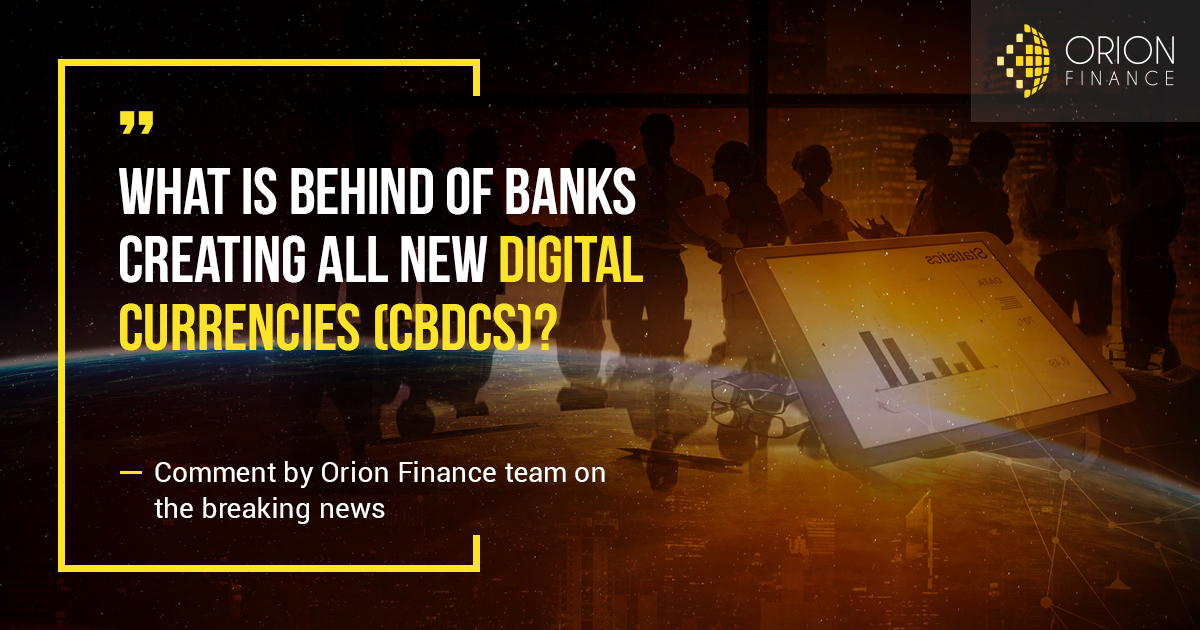Smart-contracts. A contract that executes itself
Blockchain has huge potential and many perspectives, and smart contracts based on Ethereum illustrate this most vividly. That’s what be discussed today.
Why are smart contracts so popular?
Cryptocurrencies are no longer something innovative. Some people use them as a means of payment, someone earns on stock exchanges, making money from course changes. However, most people don’t perceive them as something that can change the world.
And this is a big mistake. But it’s not even about the electronic coins themselves; the matter is the technology on the basis of which they work.
Smart contracts are one of the main arguments to use an Ethereum-based blockchain system. IT-startups often choose the work of Vitaly Buterin and his team precisely because of the presence of a smart contract, although Ethereum and the projects on it have complexity with scalability.
Smart contracts, back in history
The idea of ”smart” contracts originated still in 1994. And it consisted in creating a computer protocol based on mathematical algorithms, that conducted dealings independently and controlled their correct execution.
Some of the principles of smart contracts formed the basis of the bitcoin-coin. However, the technology was fully implemented and became widely applied only in 2013, with the release of Ethereum cryptocurrency.
The protocol was worked out from scratch by the creator of the coin, Vitaly Buterin, since the existing bitcoin technology was imperfect and did not enable to implement all necessary features.
Promising smart-contract technology
Smart contract technology can be applied in a wide variety of spheres of commercial activity, starting from crediting to giving funds for pocket money to children. The latter may be viewed as the simplest applying method: a child has a personal Ethereum-wallet, to which a certain amount is transferred weekly from the parents' wallet. The trigger for making a transfer may be, say, Monday’s coming.
For the time being, smart contracts are most commonly used for ICO (cryptocurrency’s primary placement). Investors transfer a certain amount of ETH (Ethereum) to the developers’ wallet, and on a specified day the system automatically sends them the amount of coins corresponding to their contribution.
The same scheme can be used for IPO (initial public offering) and for bond distribution. That is, smart-contracts can already now be integrated into the existing financial system to optimize it.
These not numerous examples show, to what extent is perspective the technology of smart-contracts. There are already existing projects of entire states on the basis of this platform.
Perhaps the day is not far off when any agreements between natural and legal persons will be automatically executed by means of smart contracts.



